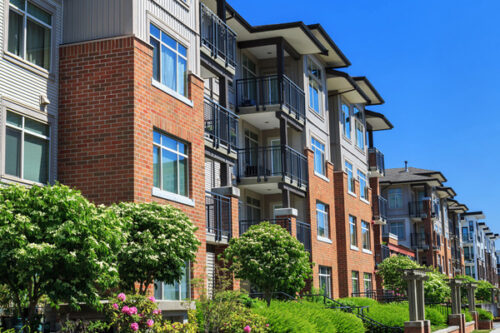ROLE OF BUILDING SERVICES IN GREEN BUILDING CERTIFICATION
Introduction: Green building certifications have gained significant importance in recent years as the world strives to combat climate change and promote sustainable development. These certifications recognize buildings that prioritize energy efficiency, environmental sustainability, and occupant well-being. While several factors contribute to achieving green building certification, building services play a crucial role in ensuring that a building meets the rigorous standards set by various certification programs. This article delves into the significant role of building services in obtaining green building certification.
- Energy Efficiency: Building services, such as HVAC (Heating, Ventilation, and Air Conditioning) systems, lighting, and controls, are integral to achieving energy efficiency in a building. Green building certifications emphasize reducing energy consumption and greenhouse gas emissions. Building services help in achieving these goals by incorporating energy-efficient equipment, such as high-efficiency HVAC systems, LED lighting, and advanced controls, which optimize energy usage while maintaining occupant comfort. The proper design, installation, and operation of these systems are vital for meeting the stringent energy performance criteria of green building certifications.
- Indoor Environmental Quality (IEQ): The quality of indoor environments significantly impacts the health, comfort, and productivity of building occupants. Building services play a crucial role in ensuring excellent indoor environmental quality. Proper ventilation systems, including air filtration and distribution, help maintain optimal air quality by minimizing the presence of pollutants and allergens. Green building certifications often have strict requirements for ventilation rates, air quality monitoring, and occupant comfort. Efficient building services contribute to achieving these criteria, enhancing the overall indoor experience for occupants.
- Water Efficiency: Water conservation is another critical aspect of green building certifications. Building services, such as plumbing systems and fixtures, play a significant role in reducing water consumption. Efficient fixtures like low-flow toilets, faucets, and showerheads, along with smart irrigation systems, contribute to minimizing water wastage. Building services engineers ensure the integration of these water-saving technologies, adhere to water efficiency standards, and monitor water consumption to meet the requirements set by green building certifications.

- Waste Management and Recycling: Green building certifications encourage effective waste management and recycling practices. Building services facilitate the implementation of waste reduction strategies. They include the design and incorporation of waste sorting and recycling facilities, such as waste chutes, recycling bins, and composting systems. Building services professionals collaborate with waste management companies to develop efficient waste management plans that align with the sustainability goals of green building certifications.
- Commissioning and Monitoring: Building services are responsible for the commissioning and ongoing monitoring of various systems within a building. Commissioning ensures that all building systems operate as intended, optimizing performance and energy efficiency. Regular monitoring and maintenance of building services systems help identify inefficiencies, malfunctions, or deviations from performance targets, allowing for timely corrective actions. Green building certifications often require comprehensive commissioning and monitoring plans to ensure that buildings operate at peak efficiency throughout their lifecycle.
Conclusion: Building services play an indispensable role in achieving green building certification. From energy efficiency and indoor environmental quality to water conservation and waste management, these services are essential in meeting the rigorous standards set by certification programs. By incorporating sustainable practices and innovative technologies, building services professionals contribute to creating healthier, more environmentally friendly buildings. The collaboration between architects, engineers, contractors, and facility managers is crucial in successfully implementing green building strategies and obtaining certifications that demonstrate a commitment to sustainability and a greener future.


